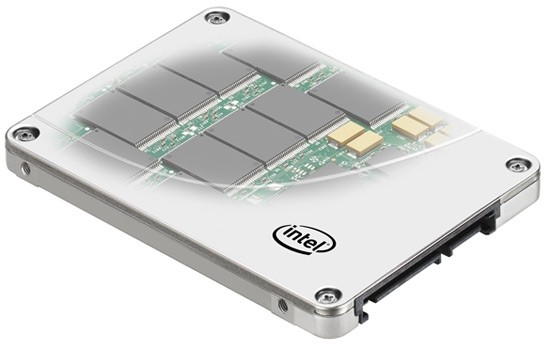Update (8/18) -- Fix now available: Three weeks after replicating the so-called "8MB bug," Intel has published a firmware update (4PC10362) that solves the issue. Unfortunately, there doesn't seem to be any way to recover data lost on glitched drives, so you'll have to cut your losses if you want to revive the unit. It's also worth noting that the update comes in the ISO format. If you need disc burning software, we recommend ImgBurn.
Our original story is below:
Shoppers beware: Intel's 320 Series solid-state drives reportedly ship with a glitch that could drastically reduce the drive's capacity. Flocking to Intel's official discussion board, many users have complained about their spanking new flash drives suddenly dropping from their full capacity to only 8MB, effectively blocking all stored data and making the drive useless. After accumulating numerous pages of user complaints, a member of Intel's Non-Volatile Memory Solutions Group acknowledged the flaw earlier this week.
"Intel is aware of the customer sightings on Intel SSD 320 Series. If you experience any issue with your Intel SSD, please contact your Intel representative or Intel customer support (via web: www.intel.com or phone: www.intel.com/p/en_US/support/contact/phone). We will provide an update when we have more information." The so called "8MB bug" appears after a power failure or system crash and it's unclear whether a hardware defect is to blame or if the problem can be solved with a firmware update.

Although users haven't discovered a way to recover data on a drive that experiences the 8MB bug, some people have been able to start from scratch by wiping the drive's contents with utilities such as HDDErase and Parted Magic. That's probably the last thing you want to hear if you just finished typing a 200-page thesis, so hang tight and Intel might offer some recovery options. This isn't the company's first time combating a serious SSD glitch, having shipped a bugged firmware update in 2009 that bricked many X25-Ms.
https://www.techspot.com/news/44694-intel-confirms-8mb-bug-in-320-series-ssds-fix-available.html